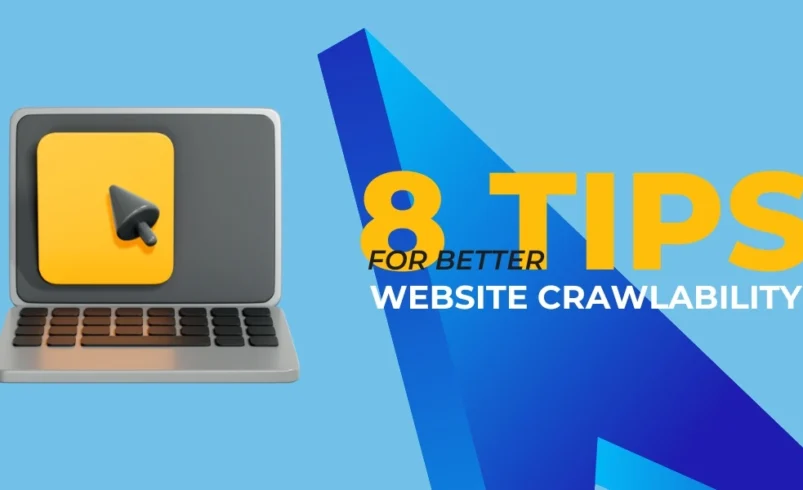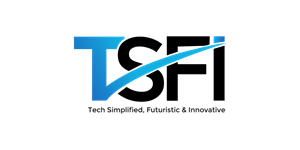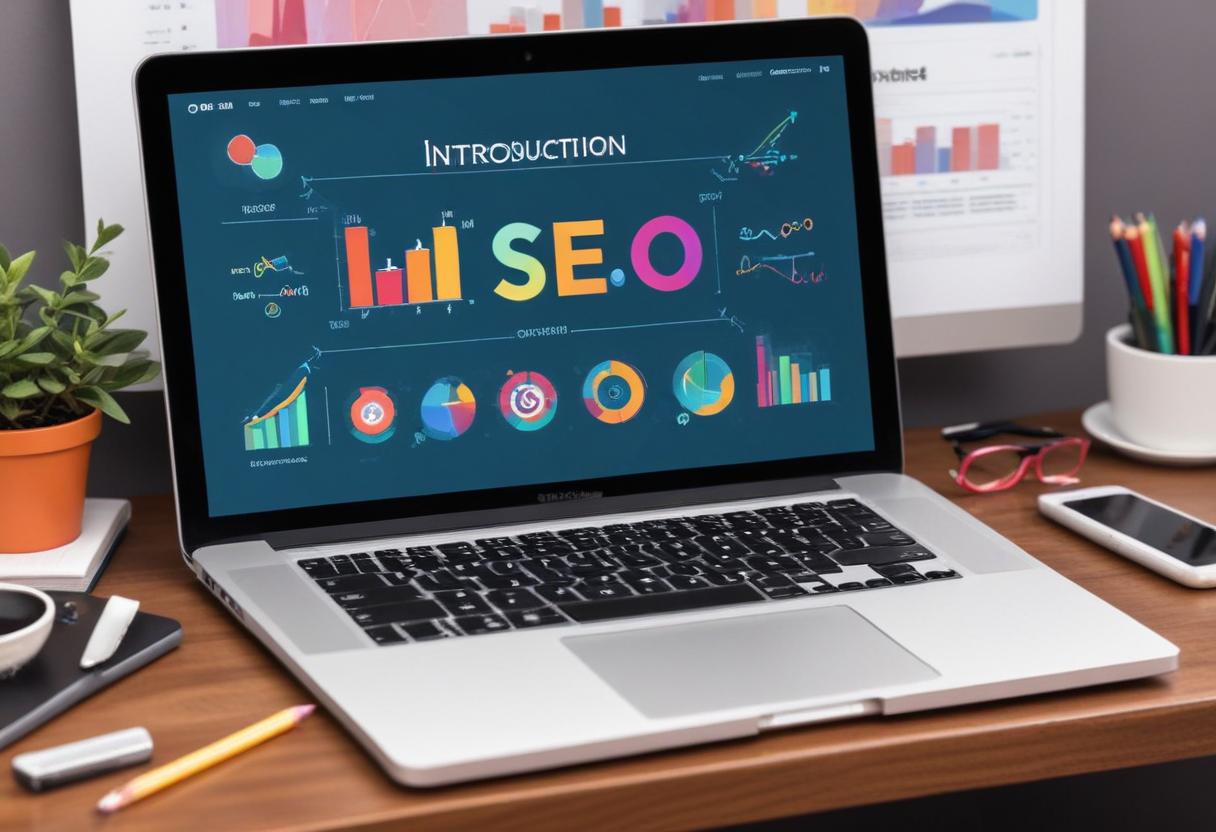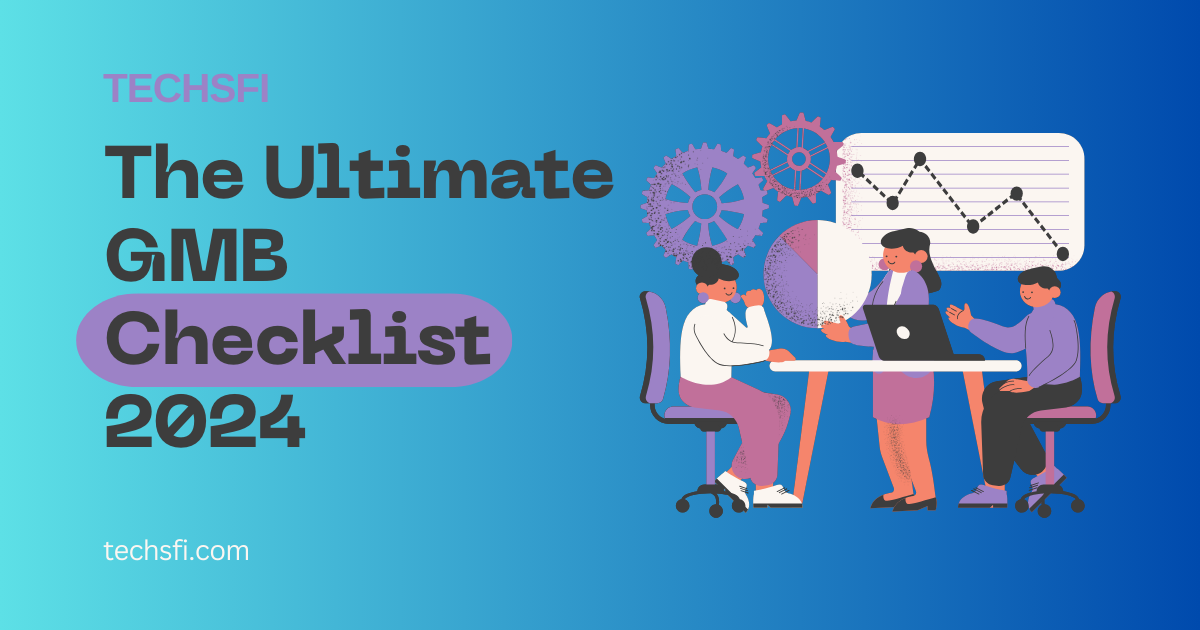
8 Tips for Better Website Crawlability: Improve Your SEO Rankings
Search engine optimization (SEO) is an ever-evolving field, but one thing remains constant ensuring your website is easily crawlable by search engines is essential for success. Crawlability refers to how effectively search engine bots can navigate and index your website’s content. Without proper crawlability, your site may remain invisible to Google and other search engines, no matter how high-quality your content is.
In this blog, we’ll cover 8 tips for improving your website’s crawlability and help you boost your visibility on search engine results pages (SERPs).
Top 8 Tips for Better Website Crawlability
1. Optimize Your Robots.txt File
The robots.txt file is a critical element that tells search engines which pages of your website they can or cannot crawl.
Best Practices for Robots.txt:
- Ensure your important pages are not blocked.
- Avoid disallowing entire directories unless necessary.
- Use “Disallow” to block low-value content like admin panels or duplicate pages.
Use online robots.txt testing tools like Google Search Console to confirm everything is set up correctly.
2. Create a Comprehensive XML Sitemap
Submitting a well-structured XML sitemap can significantly improve your website’s crawlability, as it ensures that all your important pages are indexed, even if they are buried deep in your site’s architecture.
How to Create a Good XML Sitemap:
- Ensure it includes all the important pages of your site.
- Update it regularly as you add new content.
- Submit it to Google via Search Console.
A sitemap ensures that search engine bots can access all your pages, even if some are not well linked internally.
3. Improve Internal Linking
Internal links help search engines navigate through your website by connecting different pages and content. Strong internal linking is still one of the best on-page SEO techniques for modern digital marketers. It not only distributes link equity across your site but also helps search engines discover new or less prominent pages.
Internal Linking Tips:
- Link from high-authority pages to those that need more visibility.
- Use descriptive anchor texts to signal what the linked page is about.
- Ensure that every important page is reachable within three clicks from the homepage.
A well-thought-out internal linking structure helps improve your crawl budget and ensures that no page is left undiscovered.
4. Fix Broken Links and Redirects
Broken links and incorrect redirects not only frustrate users but also hinder search engine crawlers, wasting your crawl budget and negatively impacting your SEO. Every time a bot encounters a 404 error, it may stop crawling your site, missing important content in the process.
How to Fix Broken Links and Redirect Issues:
- Use tools like Google Search Console or Screaming Frog to identify 404 errors and broken links.
- Fix or update the links that point to non-existent pages.
- Implement proper 301 redirects for moved content to ensure bots find the right pages.
Regularly audit your site for broken links to ensure smooth navigation for both users and crawlers.
You can easily find all your website’s broken links through Broken Link Checker.
5. Ensure Mobile-Friendliness
As mobile usage grows, search engines prioritize mobile-friendly websites in their rankings. If your site isn’t optimized for mobile, you risk having a poor crawl rate and lower rankings, especially with Google’s mobile-first indexing.
Mobile Optimization Tips:
- Use responsive design so your site adapts to different screen sizes.
- Avoid using Flash or pop-ups that are not necessary.
- Test your website’s mobile performance using the Mobile-Friendly Test tool.
Mobile-friendly websites not only rank better but also provide a smoother experience for users, which in turn helps your SEO.
6. Optimize Website Speed
Search engine bots have limited time to crawl each website. If your site is slow to load, crawlers may not get through all of your content, hurting your chances of full indexation.
Ways to Improve Site Speed:
- Compress images and optimize them for faster loading times.
- Minimize CSS, JavaScript, and HTML.
- Use browser caching to reduce the load on your server.
- Leverage a content delivery network (CDN) to speed up content delivery across the globe.
A fast website not only improves crawlability but also provides a better user experience, which can lead to better rankings.
7. Use Canonical Tags Correctly
Duplicate content can confuse search engines, leading them to crawl multiple versions of the same page and dilute your SEO efforts. The canonical tag tells search engines which version of a page is the “master” version, helping them focus on the right URL for indexing.
How to Use Canonical Tags:
- Add a canonical tag to all pages with duplicate or similar content.
- Make sure the canonical URL points to the most relevant version of your page.
Canonical tags help direct crawlers to the correct content, ensuring you maximize your crawl budget.
8. Reduce Crawl Depth
Crawl depth refers to the number of clicks it takes to reach a page from your homepage. Pages buried too deeply in your website may not get crawled as frequently or at all, especially if they are more than three clicks away from the homepage.
How to Improve Crawl Depth:
- Keep important content within a few clicks of the homepage.
- Use breadcrumb navigation to provide easy paths for crawlers to follow.
- Regularly check your site’s structure.
Shallow websites are easier for both users and search engines to navigate, which enhances crawlability and improves SEO performance, making it one of the best tips for Better Website Crawlability.
Conclusion
Improving your website’s crawlability is one of the most important steps you can take to enhance your SEO strategy. By implementing these 8 tips for better website crawlability by Techsfi, you’ll make it easier for search engines to access and index your content, which can lead to higher search rankings and increased organic traffic. Regular audits of your website’s crawlability will ensure your site stays optimized and continues to perform well in search engine results.



